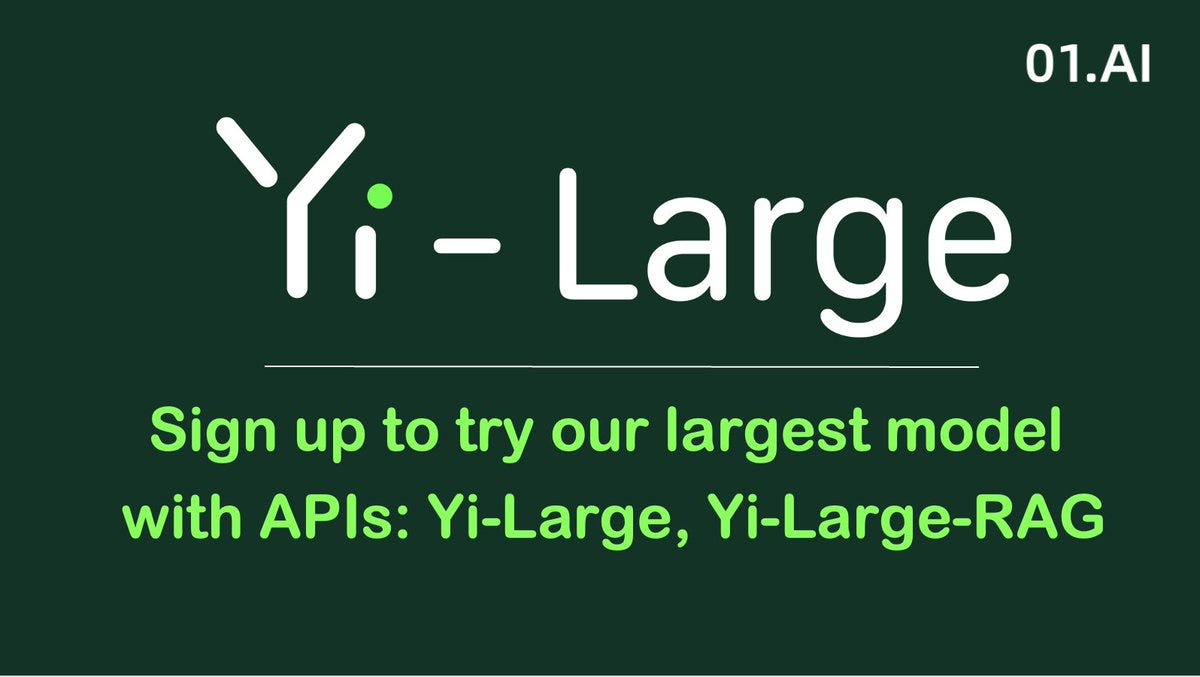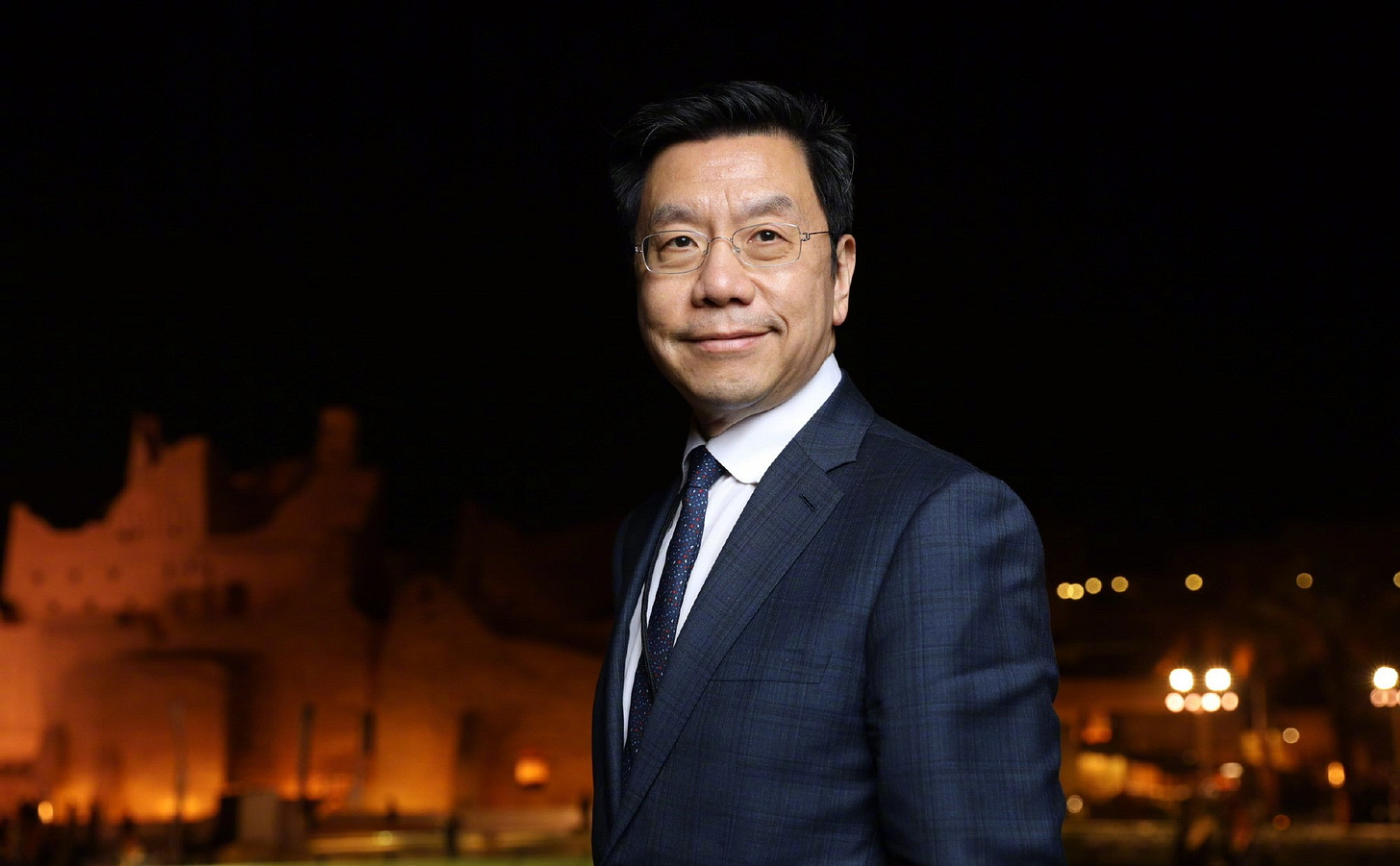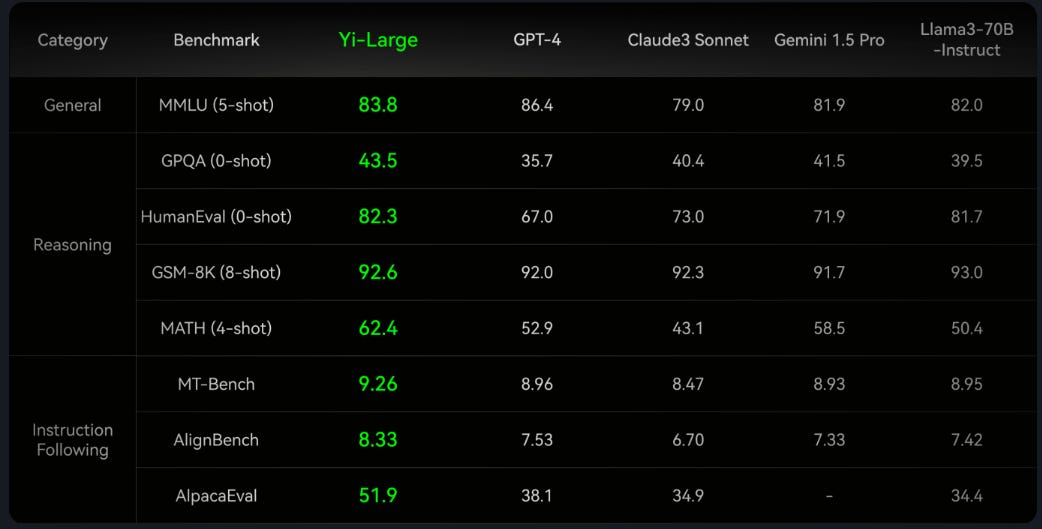OpenAI Stops Supplying to China: This Domestic GPT-4 Alternative Shines
OpenAI Exits China: What It Means and How to Adapt with Yi API
On June 25, several developers received a notice from OpenAI stating that starting July 9, OpenAI will block API traffic from unsupported countries and regions.
China mainland and Hong Kong are not on OpenAI's list of "supported countries and regions" (https://platform.openai.com/docs/supported-countries).
Reviewing OpenAI's history with the Chinese market, it has always taken a cautious approach.
Previously, the company set registration barriers for users in China, limiting access to ChatGPT services.
Chinese developers often need proxy servers or overseas reverse proxies to build services based on the OpenAI API.
This increases operational costs and affects service stability.
After the recent announcement, it is expected that OpenAI will further tighten regulations on unsupported countries and regions.
This will significantly impact individual developers and companies innovating with the OpenAI API.
In response, Dr. Kai-Fu Lee's AI unicorn company, Zero One Technology, launched the "Yi API 50% Discount Plan" to help OpenAI users transition smoothly to the Yi series models.
For users of different OpenAI models, Zero One Technology offers high-performance, cost-effective alternatives.
Yi API: Top Performance Alternative to GPT at Up to 91% Cost Reduction
According to Zero One Technology, new users registering for Yi API will receive an immediate 100 RMB credit to help with a smooth transition.
Additionally, the platform offers a 50% credit bonus on all top-ups, with no cap, providing long-term benefits.
Any top-up also upgrades users to Tier 3 RPM/TPM limits, ensuring high service quality and fast response times.
Zero One Technology's API also offers prompt compatibility and optimization support, helping users quickly adapt to the Yi series models.
Public data on model performance and API pricing shows that for users of GPT-4o, the Yi-Large model is an excellent, cost-effective alternative, offering high performance at a lower cost.
In the LMSYS rankings by Berkeley University, Yi-Large ranked first among Chinese models and tied for first worldwide with GPT-4o on June 25, 2024. In Stanford's AlpacaEval 2.0 rankings, Yi-Large also outperformed GPT-4 in LC Win Rate on the same date. On benchmark tests like GPQA, HumanEval, MT-Bench, and AlignBench, Yi-Large scored higher than GPT-4 on May 12, 2024.
Notably, while offering similar performance, Yi-Large is priced significantly lower than GPT-4o.
Based on GPT-4o's pricing (averaging input and output Open API prices), using Yi-Large can reduce costs by 72%.
For users of GPT-4 Turbo, Zero One Technology offers a smooth transition to Yi-Large-Turbo.
Yi-Large-Turbo is a high-value model, similar in quality to Yi-Large but at a much lower cost.
Compared to GPT-4 Turbo, using Yi-Large-Turbo can reduce costs by over 90%.
Yi-Large-Turbo is ideal for customers with established products needing cost reduction.
Zero One Technology also offers Yi-Large-RAG, supporting real-time search, suitable for scenarios requiring real-time information, allowing users to choose the best model for their needs.
For simple tasks, GPT-3.5-Turbo-1106 focuses on fast and cheap processing.
Zero One Technology provides a better-value alternative with the Yi-Medium model, reducing costs by 66% compared to GPT-3.5-Turbo-1106.
Although a medium-sized model, Yi-Medium is deeply optimized for instruction following, making it suitable for everyday chat, translation, and general use cases, perfectly fitting large-scale applications.
For more information, visit the Yi model open platform: https://platform.lingyiwanwu.com/
Recognized by Leading Companies
Thanks to its excellent performance and competitive pricing, the Yi series models have become a top choice for many companies exploring new businesses and validating AI-native products in Chinese environments.
The Yi series has gained a strong customer base worldwide, spanning industries such as AI writing, AI programming, healthcare, consumer electronics, and biochemical materials.
Zhiliaotech, a leading AI company, has integrated several AIGC applications like ZhiliaowanYu and Zhiliaomide AI Search into Lenovo AIPC products, all powered by Yi series APIs.
According to Professor Zhang Shiguang, co-founder of Zhiliaotech and Vice Dean of Jinan University's AI Research Institute, the paid conversion rate for ZhiliaowanYu reached 10% after integrating the Yi series models, while the refund rate dropped by 50%.
In the "Daily Economic News Large Model Evaluation Report" by a well-known financial media outlet, Yi-Large emerged as the top performer, ranking first in four application scenarios: financial news headline creation, Weibo news writing, article error correction, and financial data analysis. Its high-quality content generation was praised by professional news agencies.
MetaGPT, which gained popularity with its open-source multi-agent framework, also chose Yi-Large. Co-founder Xu Zongze began internal testing immediately after Yi-Large's release, finding it excelled in planning, task allocation, code generation, and reflection.
After comparing model performance and API team service quality, MetaGPT decided to integrate Yi-Large into its upcoming natural language programming product.
Beyond AI writing and programming, a leading healthcare company adopted the Yi series for extracting and annotating patient records, achieving nearly 100% accuracy and improving data annotation efficiency by 80%.
In the consumer electronics sector, a top smartphone manufacturer chose the Yi series after comparing it with several other leading domestic models. Together with Zero One Technology, they developed applications for call summaries and AI agents.
Zero One Technology believes that a collaborative ecosystem is the best way to unlock the full potential of the Yi series models.
Moving forward, Zero One Technology will continue to enhance model performance and reduce inference costs, enabling partners to innovate and experiment more flexibly with the Yi series models. This collaborative effort aims to create a thriving model application ecosystem, bringing more value to businesses, individuals, and society, ensuring that general AI benefits everyone, everywhere.








